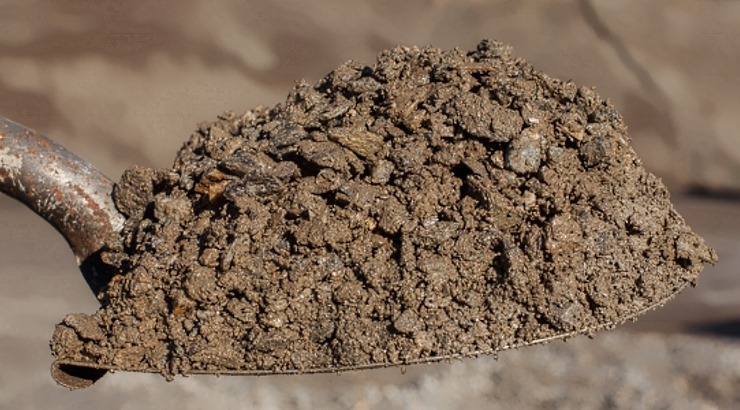Fixtures & Appliances
Tough times ahead for builders as Kenya runs out of gravel
The country may soon be forced to start importing gravel since the country is fast depleting its quarries.

Jacob Munyua, 42, lights a cigarette at the edge of a quarry in Kamiti, Kiambu County, as two of his associates puff away on their cigar.
The three quarry workers are taking a break after hours of hard work – chomping uncountable morsels of gravel from the mine to help nourish Nairobi’s unquenchable thirst for rock.
Mr Munyua, a father of four, has worked in this quarry since early 2002 and has seen the prices of gravel soaring from Sh350 to at least Sh2,500 per cubic metre of the material- earning himself a fortune.
But this won’t last forever. The Kamiti quarry, which has over the years supplied gravel for Nairobi’s mega projects, is quickly getting depleted and Mr Munyua will soon be out of work.
According to the Kenya Urban Roads Authority (Kura), the dwindling supply of gravel is becoming a concern for the agency considering that the price of commodity, which ranks among the most popular building materials, has climbed seven times in the past decade.
“Gravel now costs between Sh2,500 and Sh5,000 per cubic metre in major towns, including transport cost, up from about Sh350 in the early 2000s,” says Kura acting GM in charge of planning Daniel Muchiri.
Mr Muchiri said that Kenya may soon be forced to start importing gravel since the country is fast depleting its quarries.
Kenya has since 2003 stepped up spending on road construction projects, which has meant a boom in demand for aggregate – a combination of sand, crushed stone and gravel – used to make concrete. The rising demand has in turn meant a boom in digging of gravel pits across the country.
This, coupled with the fact that most gravel lands have been developed into homes, has depleted the existing gravel pits leaving the country with a huge deficiency of the construction material.
“In Murang’a and Kisii, the gravel lands are fast being subdivided and developed into homes, cutting the country’s supply and driving up prices of the material,” Mr Muchiri said.
Since many countries worldwide are contending with gravel shortage, shipping the material from elsewhere would mean higher construction costs and delayed road projects.
Kenya is likely to turn to South Africa and Egypt, the top gravel producers in the continent.
Globally, the United States is the biggest gravel producer and exporter – shipping the material to almost every region in the world – followed by Italy, Germany and the United Kingdom.
Other major producers of the material include Australia, France, Spain, Poland and Japan.






